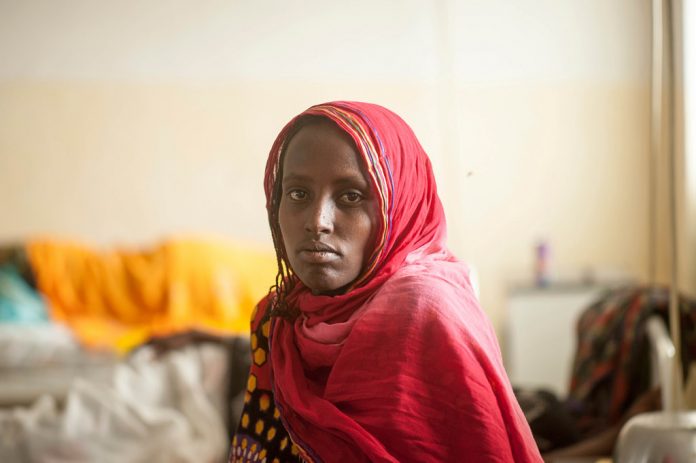To mark International Day of Zero Tolerance for Female Genital Mutilation (FGM), the European Parliament adopted a resolution on February 7 calling on the European Commission and EU member states to include FGM prevention measures in all policy areas (including health, social work, education and justice).
‘‘FGM is an issue of global repercussions and the EU has an important role to play in combating this harmful practice,” said Rapporteur Vilija Blinkevičiūtė (S&D, LT). “We recognise the positive steps undertaken so far and commend civil society for its tireless work, but the efforts can be better harmonised. It is also crucial that this issue is tackled by all sectors – from health to social work, asylum, education including sex education, law enforcement, justice, child protection, and media and communication – at both national and EU level.’’
The MEPs also called for cross-sector cooperation to help build bridges between organisations working with communities and to guarantee strong preventive action in refugee camps.
They said they are concerned that, although criminal law protects women from FGM in all member states, only a handful of cases are brought to justice. This is why they called for training schemes for those responsible for detecting, investigating and prosecuting cases of FMG.
The MEPs also urged all member states to ratify the Istanbul Convention on preventing and combating violence against women.
According to the World Health Organization (WHO), at least 200m women and girls around the world are currently living with the harmful consequences of FGM. It is estimated that at least 500,000 women living in the EU have been subjected to FGM and that a further 180,000 girls and women are at risk of undergoing FGM.

